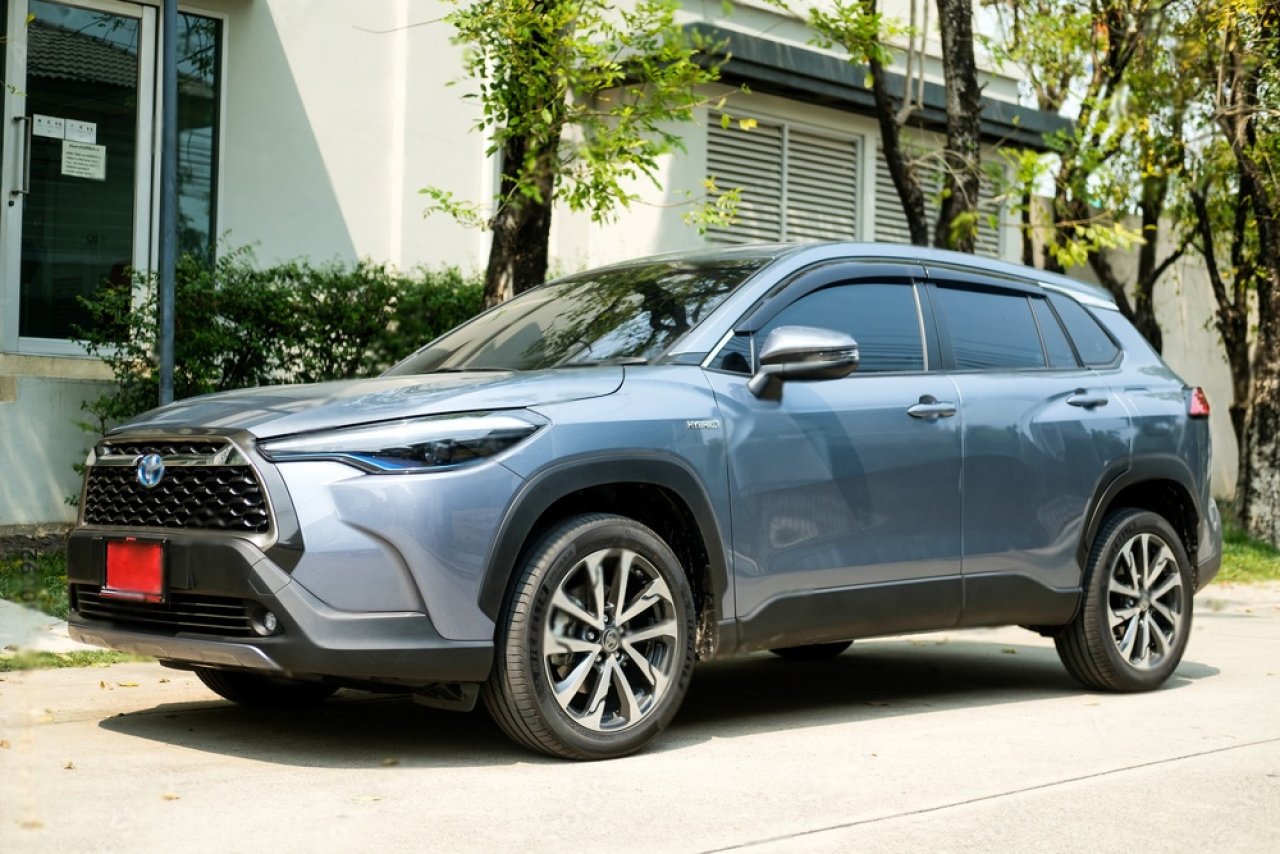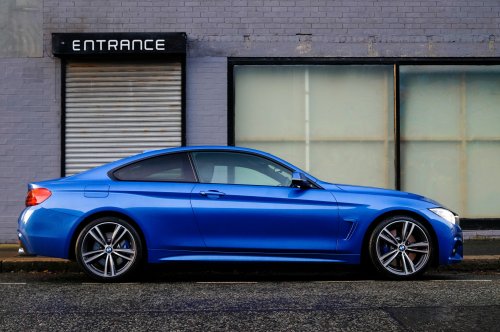Is a Vehicle an Asset or Liability?

When it comes to personal finances, the question of whether a vehicle is an asset or a liability can spark a healthy debate. While some might argue that owning a vehicle is a valuable asset that provides convenience and mobility, others emphasize the costs associated with ownership, labeling it as a liability. To determine whether a vehicle falls under the category of an asset or liability, it's crucial to consider multiple factors.
Defining Assets and Liabilities
Before delving into the specifics, let's clarify what assets and liabilities are in financial terms. An asset is something that has value and can be owned or controlled with the potential to generate future economic benefits. Liabilities, on the other hand, encompass debts or obligations that require future payments or sacrifices.
The Case for a Vehicle as an Asset:
- Convenience and Mobility: A vehicle provides the owner with the flexibility to travel whenever and wherever they wish. This convenience can lead to increased job opportunities, exploration, and access to various activities.
- Economic Opportunities: For some individuals, a vehicle is essential for their work, such as delivery drivers, contractors, and sales representatives. In these cases, the vehicle directly contributes to their income-generating activities.
- Potential Resale Value: Some vehicles, particularly classic cars or limited edition models, can appreciate over time. Collectors and enthusiasts might consider these vehicles as investments that could yield a return in the future.
The Case for a Vehicle as a Liability:
-
Depreciation: The moment a new vehicle is driven off the lot, it begins to lose value. Depreciation is a significant factor, as vehicles typically lose value faster than they can be sold or traded.
- Operating Costs: Owning a vehicle comes with recurring expenses, including fuel, maintenance, insurance, registration, and taxes. These costs can add up substantially over the vehicle's lifespan.
- Opportunity Costs: The money spent on purchasing and maintaining a vehicle could potentially be invested elsewhere to generate higher returns. Thus, the funds tied up in a vehicle might represent missed investment opportunities.
- Financing and Interest: If a vehicle is financed through a loan, the interest payments can further increase the overall cost of ownership. This financial burden can turn the vehicle into a liability, particularly if the owner struggles with payments.
The Verdict: Asset or Liability?
Ultimately, whether a vehicle is considered an asset or liability depends on the individual's circumstances and priorities. If a vehicle is a necessary tool for income generation, it might be deemed an asset. Conversely, if the costs of ownership outweigh the benefits, it leans more towards being a liability.
To make an informed decision, individuals should assess their financial situation, consider the purpose of the vehicle, and weigh the costs against the potential benefits. This could involve calculating the total cost of ownership over the vehicle's lifespan and comparing it to potential alternatives, such as public transportation or ridesharing services.
In conclusion, the status of a vehicle as an asset or a liability varies based on individual needs and financial goals. While a vehicle can provide convenience and opportunities, its depreciation and ongoing costs can transform it into a liability. Striking a balance between mobility and financial prudence is key to making the most sensible choice for one's financial well-being.







